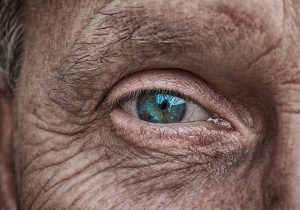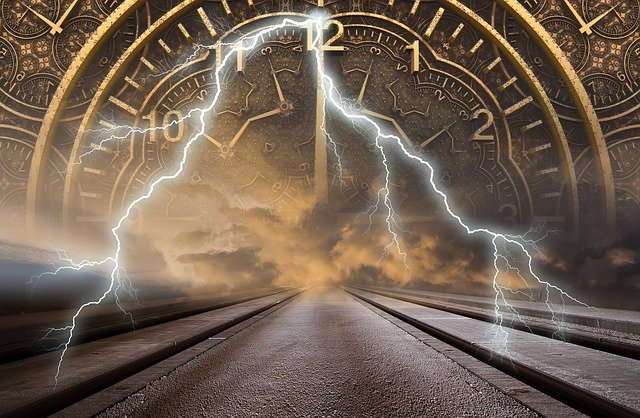
Blame it on my age, but I’m truly at a loss here. What on earth gives anyone the right to ‘cancel’ anyone else? Yes, I’m talking about the phenomenon of ‘cancel culture’. For those who don’t know what this means, here’s the definition according to Mirriam-Webster: the practice or tendency of engaging in mass canceling as a way of expressing disapproval and exerting social pressure.
The long list of people cancelled in recent years include the likes of Liam Neeson, Ellen DeGeneres, Jimmy Fallon and J. K. Rowling. What have they done, you might ask, that merits this kind of social (media) ostracism? Well, some have said some inappropriate things, while others have maybe consorted with the enemy, and others still have held an opinion that is contrary to the public tide of the moment. I won’t spell it out, because Google will do that bit for you, if you’re interested. My point is, while none of them are squeaky clean, what gives anyone the moral authority to pass judgement on these people?
The reason this trend bothers me so much, and why I’ve felt the need to express it on my blog, is twofold. One, there is something sinister in how free speech and opinions that differ from the mainstream, are suddenly being held up to social scrutiny that is at best, infantile and one-dimensional, and at worst, policing that harks back to the censorship wielded by totalitarian regimes. Two, where is the scope, in all this moral grandstanding, for people to make mistakes, to learn, to grow and repent? None of us are born perfect, but if you’re a celebrity, you’d better never have put a foot wrong, because that will come back to haunt you at some later stage in your career. At that point, not even a grovelling apology and a promise to do better could redeem you.
In all fairness, some people need calling out on their obnoxious behaviour, their toxic beliefs and their gruesome opinions. But let’s do it in a fair manner, a manner that befits a society that believes in debate, in conversation, and not in clamping down and deleting a person just because they did not adhere to the popular motif of the moment.
There is a cruelty to ‘cancelling’ someone that is tantamount to a public stoning. A cruelty that doesn’t consider the mental anguish, the financial fallout or failure to allow the person a chance at redemption. Even the law states that a person is innocent until proven guilty, so a cancel culture that rubs out a person swiftly without due process, is no less toxic than whatever abhorrent deed the person in question may have been accused of.
Chimamanda Ngozi Adichie, who penned a blistering article on how social media denizens act as moral guardians of the rapidly changing landscapes of what is right and what is not, said it best:
“We have a generation of young people on social media so terrified of having the wrong opinions that they have robbed themselves of the opportunity to think and to learn and to grow,” Adichie writes. “I have spoken to young people who tell me they are terrified to tweet anything, that they read and reread their tweets because they fear they will be attacked by their own. The assumption of good faith is dead. What matters is not goodness but the appearance of goodness. We are no longer human beings. We are now angels jostling to out-angel one another. God help us. It is obscene.”
It is obscene, and it is ridiculous. Go ahead, cancel me now. See if I care.






